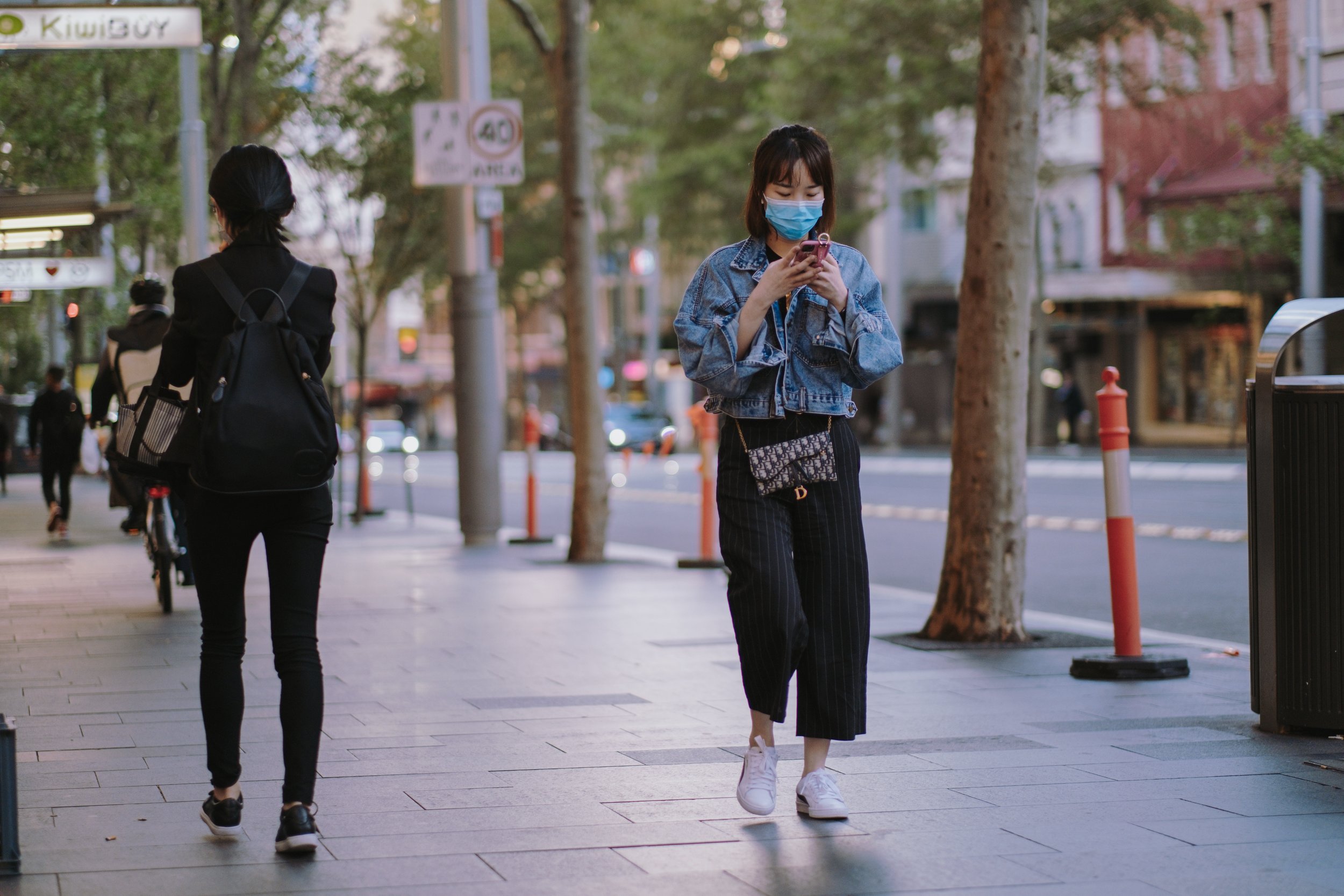Snooze & booze: The truth about sleep and alcohol
Read this before you reach for that big glass of wine before bed
Text: Sarah T
It’s Friday night, and now that Singapore is well into Phase Two of re-opening, we finally feel like we have some semblance of life back. A date is made with our four closest friends and we head to our favourite wine bar. Inevitably, the alcoholic drinks flow and one bottle of wine turns into two, maybe more — the last thing on our minds is how we’re going to get a good quality night’s sleep. Before we know it, our time is up. Masks on, awkward socially-distant hugs goodbye, and we get into our Grab cars to go home to bed.
We feel tired and fall asleep within minutes of hitting the pillow. Yet somehow, staying asleep doesn’t come easy. Texts come through the group chat: Anyone else awake?
The answer is, most definitely, yes. What just happened?
While it wasn’t our intention, we were all caught in the alcohol + sleep health trap. Rather than sending us into a peaceful slumber, our wine consumption was playing havoc with our regular sleep patterns and circadian rhythms, preventing good quality sleep.
The good news is that, according to the World Health Organisation, Singapore has one of the lowest alcohol consumption rates in Asia. However, the number of binge drinkers has been on the rise so it’s wise to pay attention to your own consumption, monitor when you’re drinking and learn how it can impact your wellbeing.
Fuelled by caffeine, we gathered our top three sleep questions about the correlation between alcoholic drinks and a good night’s sleep for Singapore General Hospital’s Dr Leow Leong Chai. Dr Leow is the Director, Sleep Disorders Unit, and Senior Consultant, Department of Respiratory & Critical Care Medicine, SGH.
TS: Dr Leow, what’s the link between alcohol and sleep quality? Why do we seemingly fall asleep faster after drinking alcohol, and yet wake up earlier, or jerk awake in the middle of the night?
DL: Alcohol has sedating effects and is probably the most common sleeping aid taken by the general public. Alcohol can certainly shorten the time it takes to fall asleep and increase the amount of deep sleep in the first half of the night. However, when higher amounts of alcohol are taken (e.g. more than one glass of wine or a can of beer), the effects of alcohol on sleep become more disruptive.
During the second half of the night, when most of the alcohol in the blood has been metabolised, the body can shift into a stage of light sleep with repeated awakenings. Alcohol intake can also cause a rebound increase in the amount of rapid eye movement (REM) sleep in the second half of the night, which may result in weird dreams.
TS: We regularly hear people say they reach for a glass of wine to help them sleep better, or even to fall asleep. Is this dangerous in the long term?
DL: Alcohol should only be consumed in moderation (i.e. not more than one drink per day for women; two drinks per day for men) and not more than two to three times per week. If someone is dependent on an alcoholic drink to fall asleep every night, this may be a sign of — or indeed lead to — dependency. This means that without alcohol, it may become very difficult to fall asleep, which is to be avoided as much as possible.
People can become habituated to the sedating effects of alcohol if drinking becomes too regular. In other words, the amount of alcohol required for an individual to feel sleepy may become higher with time, thus leading to increasing alcohol intake, which can lead to alcoholism and many other medical problems.
Also, as alcohol is a sedative that can relax the airway muscles excessively, it can worsen conditions such as obstructive sleep apnea and lead to poorer sleep.
TS: If someone finds themselves unable to fall asleep without a drink, what next steps should they take?
DL: It is much better to focus on trying to improve their sleep hygiene:
Stick to a regular routine with regular sleep and wake-up times, even during weekends
Minimise exposure to bright light or electronic devices after dark
Avoid spending an all-nighter binge-watching a TV drama or playing video games
Avoid working in your bedroom unless you absolutely have to
Avoid spending time in bed unless it is bedtime
Have a regular bedtime routine, which may include a warm bath, switching to a night light to create a cosy atmosphere, listening to soft music or reading a relaxing book. This can help to slow down your mind and prepare the body for sleep
Schedule time to exercise in the daytime
Spend some time in the sun or sit by a brightly lit window in the mornings
See a doctor if you suspect that you may have an underlying sleep disorder which may be disrupting your sleep, such as sleep apnea (e.g. if you or your partner have noticed loud snoring, gasping or choking spells during sleep, waking up feeling very tired and sleepy throughout the day). If you’re worried about your alcohol consumption, seek support from a professional organisation such as WE CARE Community Services or The Cabin Singapore.












